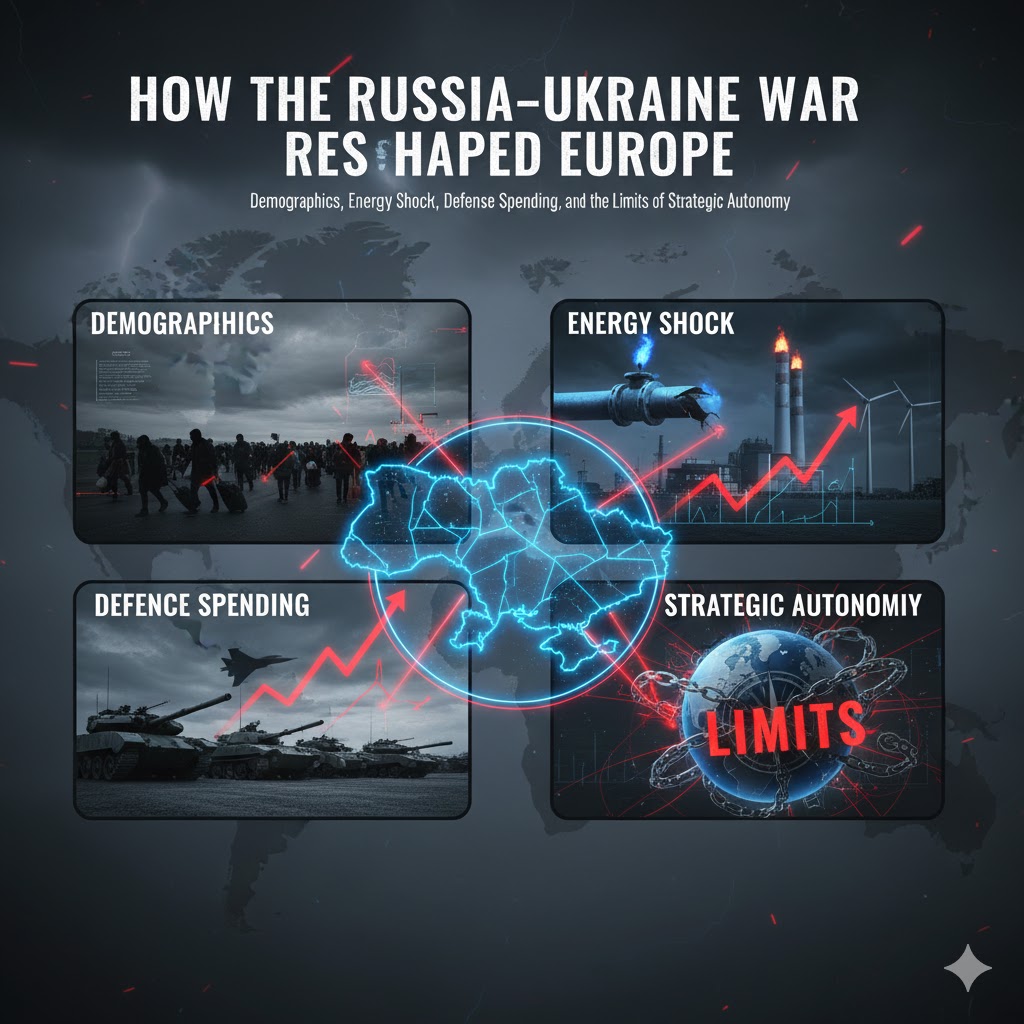Introduction
In the era of information warfare, fake news has emerged as a potent tool for shaping perceptions and influencing political outcomes. One of the most controversial aspects of this phenomenon is the alleged use of fake news networks by India to propagate anti-Pakistan narratives globally. This article explores the origins, mechanisms, and impact of these networks, shedding light on their strategies and the broader implications for international relations and regional stability.
Origins and Evolution of Fake News Networks
- Early Instances:
- The use of media to influence public opinion and political outcomes is not new. However, the advent of social media and digital platforms has exponentially increased the reach and impact of misinformation campaigns.
- Early instances of fake news targeting Pakistan can be traced back to political conflicts and border skirmishes, where misinformation was used to gain a strategic advantage.
- Evolution Over Time:
- With advancements in technology, fake news networks have become more sophisticated, utilizing social media bots, deepfakes, and coordinated campaigns to disseminate false information.
- These networks often exploit existing tensions and stereotypes, making their narratives more believable and harder to debunk.
Mechanisms of Fake News Propagation
- Social Media Platforms:
- Social media platforms like Facebook, Twitter, and WhatsApp are prime tools for spreading fake news. These platforms allow for rapid dissemination and viral sharing of content.
- Fake accounts and bots are often used to amplify messages, creating an illusion of widespread support or concern.
- Coordinated Campaigns:
- Coordinated campaigns involve multiple fake news outlets, websites, and social media profiles working together to push a consistent narrative.
- These campaigns often use clickbait headlines, manipulated images, and false testimonials to attract attention and spread misinformation.
- Influence Operations:
- Influence operations go beyond simple misinformation, aiming to alter perceptions, create confusion, and undermine trust in institutions.
- Such operations may involve the use of pseudo-experts, fabricated reports, and selective presentation of facts to manipulate audiences.
Case Studies of Anti-Pakistan Fake News Campaigns
- The EU DisinfoLab Report:
- One of the most significant exposés of anti-Pakistan fake news was the EU DisinfoLab report, which uncovered a vast network of fake media outlets and NGOs spreading anti-Pakistan narratives.
- The report revealed how these entities were linked to a single network, operating under the guise of legitimate news organizations and advocacy groups.
- Allegations During Conflicts:
- During periods of heightened tension, such as the Pulwama attack and the subsequent Balakot airstrike, numerous fake news stories emerged, accusing Pakistan of various transgressions.
- These stories often relied on doctored images, fake social media accounts, and exaggerated claims to influence public opinion and international perception.
Impact on Pakistan
- Domestic Perception:
- The spread of fake news can have a significant impact on domestic perceptions in Pakistan, creating confusion and undermining trust in the government and institutions.
- It can also fuel internal conflicts and exacerbate divisions within society.
- International Relations:
- Fake news campaigns can damage Pakistan’s reputation on the international stage, influencing foreign policy decisions and international relations.
- These campaigns can also impact Pakistan’s economic prospects, deterring investment and cooperation from other countries.
- Regional Stability:
- The dissemination of fake news contributes to regional instability, escalating tensions between India and Pakistan and complicating efforts towards peace and cooperation.
- It can also influence other regional players, shaping their policies and attitudes towards Pakistan.
Responses and Countermeasures
- Government Initiatives:
- The Pakistani government has taken steps to counter fake news, including setting up dedicated teams to monitor and debunk misinformation.
- Initiatives also include public awareness campaigns to educate citizens about the dangers of fake news and how to identify it.
- International Collaboration:
- Pakistan has sought international collaboration to address the issue, working with global organizations and other countries to combat the spread of misinformation.
- Efforts include advocating for stricter regulations on social media platforms and enhancing cross-border cooperation.
- Technological Solutions:
- Advances in artificial intelligence and machine learning are being leveraged to detect and counter fake news. These technologies can analyze patterns and identify fake accounts and misinformation campaigns.
- Collaboration with tech companies is crucial in developing tools and strategies to mitigate the impact of fake news.

Broader Implications
- Trust in Media:
- The prevalence of fake news undermines trust in media, making it challenging for citizens to discern credible sources from misleading ones.
- This erosion of trust can have long-term consequences for democratic processes and public discourse.
- Role of Social Media Companies:
- Social media companies play a critical role in combating fake news. Their policies and actions regarding misinformation can significantly influence the effectiveness of countermeasures.
- There is a growing call for these companies to take more responsibility and implement stricter measures to prevent the spread of fake news.
- Global Information Warfare:
- The issue of fake news is part of a broader phenomenon of information warfare, where states and non-state actors use information as a weapon to achieve political and strategic objectives.
- Understanding and addressing this challenge is crucial for maintaining international peace and security.
Conclusion
The alleged use of fake news networks by India to propagate anti-Pakistan narratives highlights the complex and evolving nature of information warfare in the digital age. These campaigns have significant implications for Pakistan’s domestic and international standing, regional stability, and global trust in media. Addressing this challenge requires a multi-faceted approach, involving government initiatives, international collaboration, technological solutions, and responsible actions by social media companies. Moving forward, it is essential to prioritize truth, transparency, and constructive engagement to mitigate the impact of fake news and promote a more informed and stable global community.









